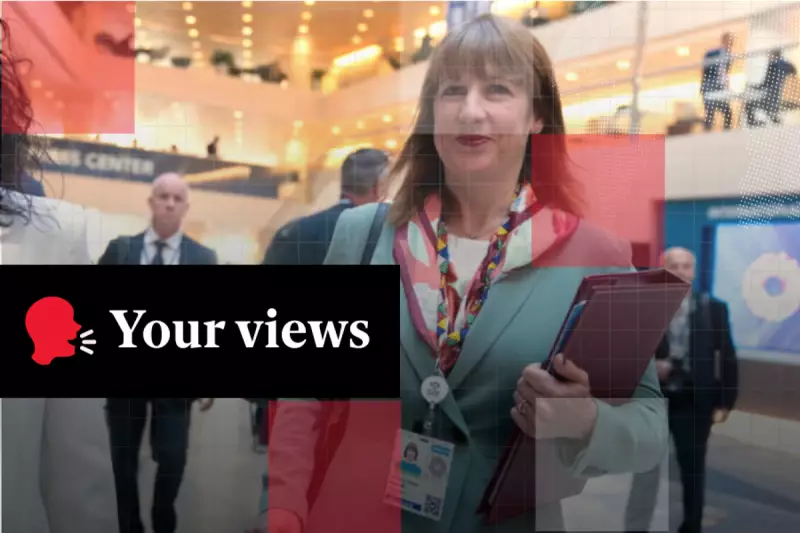
In a dramatic move that will impact millions of British workers, Chancellor Rachel Reeves has unveiled sweeping tax changes that could cost households billions over the coming years. The Labour government's first major fiscal announcement signals a significant shift in the UK's tax landscape.
The Double Whammy: What's Changing
The Treasury's analysis reveals a perfect storm for taxpayers. National Insurance contributions are set to rise, while income tax thresholds will remain frozen until at least 2028. This combination creates what experts are calling a "stealth tax" that will gradually pull more people into higher tax brackets as wages increase.
The Numbers Behind the Policy
According to official documents, the dual approach of increasing National Insurance while maintaining frozen tax allowances will generate approximately £23 billion in additional revenue for the Treasury. This substantial figure represents one of the largest tax increases in recent political history.
The policy marks a stark departure from Conservative approaches to taxation and demonstrates Labour's commitment to funding public services through what they term "fairer" taxation measures. However, critics argue the measures will disproportionately affect middle-income earners already struggling with the ongoing cost of living crisis.
Political Fallout and Reaction
The announcement has sparked immediate controversy across the political spectrum. Opposition parties have condemned the move as a "tax bombshell" that betrays Labour's election promises, while business groups express concern about the impact on economic growth and consumer spending.
Rachel Reeves defended the measures as necessary for maintaining fiscal responsibility while investing in essential public services. "We are being honest with the British people about the challenges we face and the need for sustainable funding for our NHS and other vital services," the Chancellor stated.
What This Means for Your Wallet
- Higher National Insurance contributions for employed and self-employed workers
- Frozen personal allowance means more people paying basic rate tax
- Threshold freeze pushes more earners into higher tax brackets
- Combined effect reduces take-home pay amid ongoing inflation pressures
The full impact will become clearer as detailed implementation plans emerge, but analysts suggest the average worker could see hundreds of pounds less in their annual take-home pay once all changes take effect.





